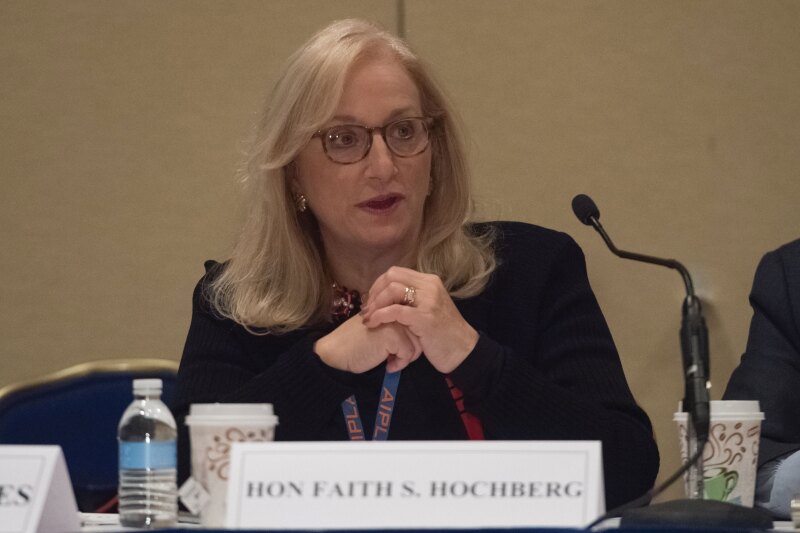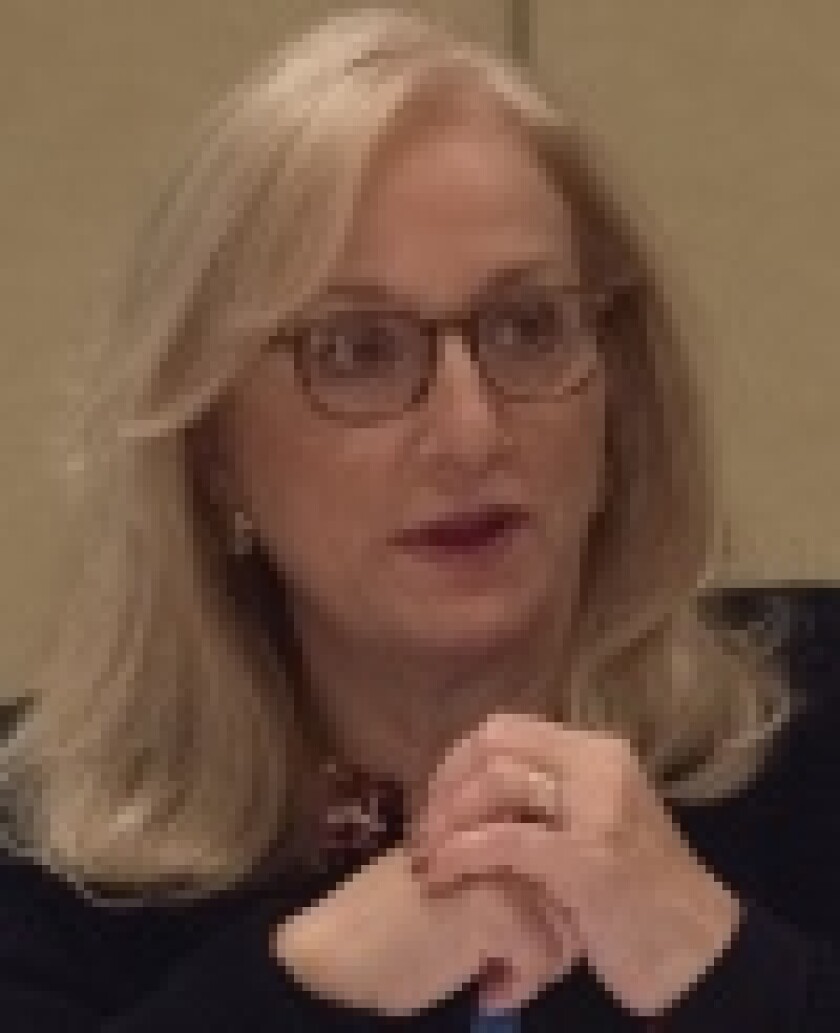
Judge Hildy Bowbeer, magistrate judge in the District of Minnesota, said lawyers instead need to think carefully and identify the issues that are central to the case. The goal is to ensure that both sides’ rights are protected while reining in the “autopilot shotgun” style of litigation that has come to characterize many patent disputes.
Judge John Koeltl, district judge for the Southern District of New Jersey, said: “It’s not uncommon for a firm to put what must be an associate on a deposition and to give the instruction to object to everything in the deposition, so you get objections to every line which read ‘401, 403, irrelevant, overly prejudicial,’” he said. “It is utterly useless.”
Retired judge Faith Hochberg, formerly a district judge in the District of New Jersey, made a similar point. Sometimes when she asks why a lawyer made a particular objection in the record, the lawyer is unable to answer. “I think it was to keep somebody awake during a deposition; if you have to speak, you can’t sleep,” she joked.
Hochberg also stressed the need for lead counsel to be involved early. In one case, when she requested draft findings of fact and conclusions of law for a short and not particularly complicated bench trial, the parties submitted 800 pages on these issues. She issued an order for the parties to re-file after lead counsel has read and edited the original submissions and got 49 pages back. “If I hadn’t done what I did, my law clerk would have been lost in 751 pages of unnecessary reading and probably lost the important stuff that they really wanted us to know,” she said.










